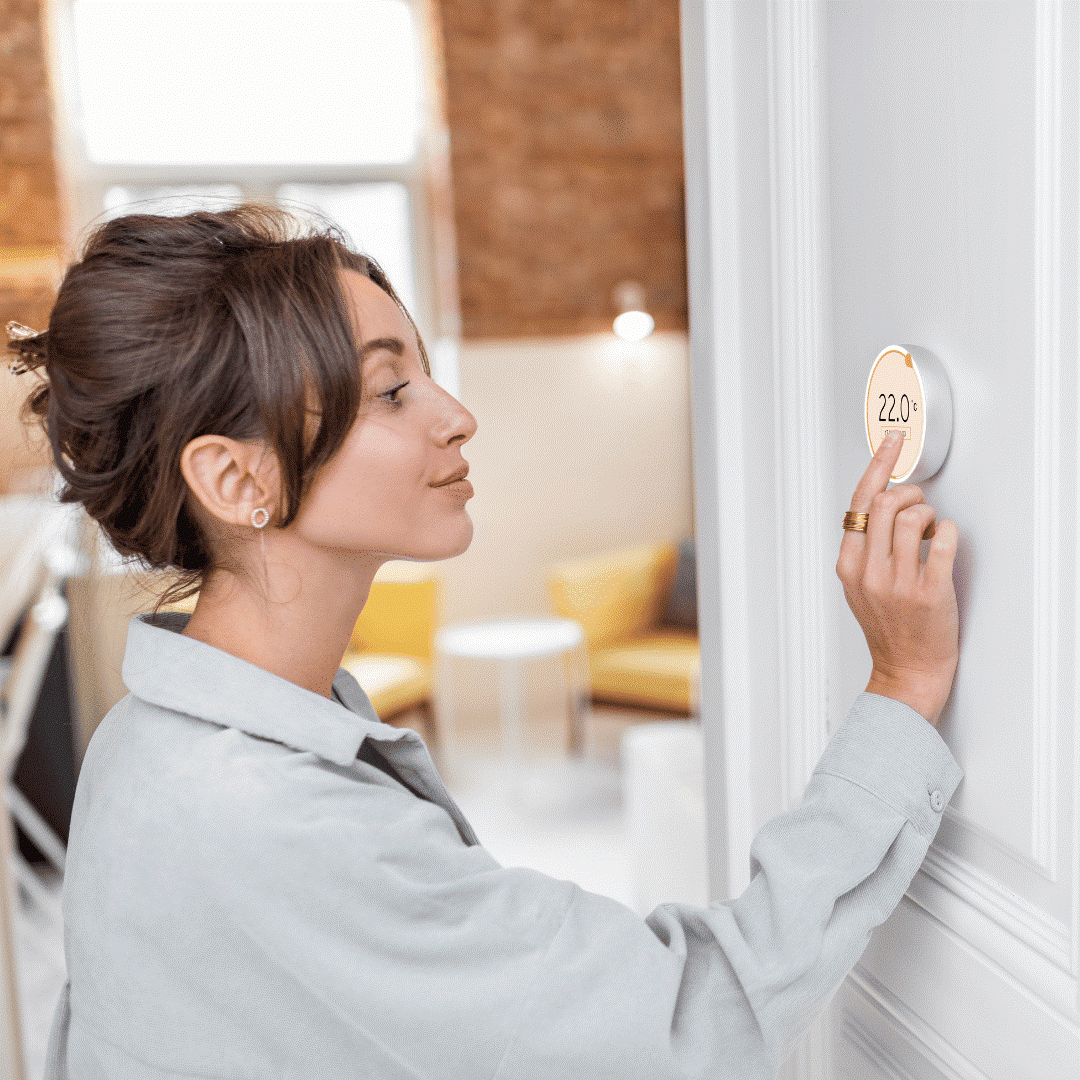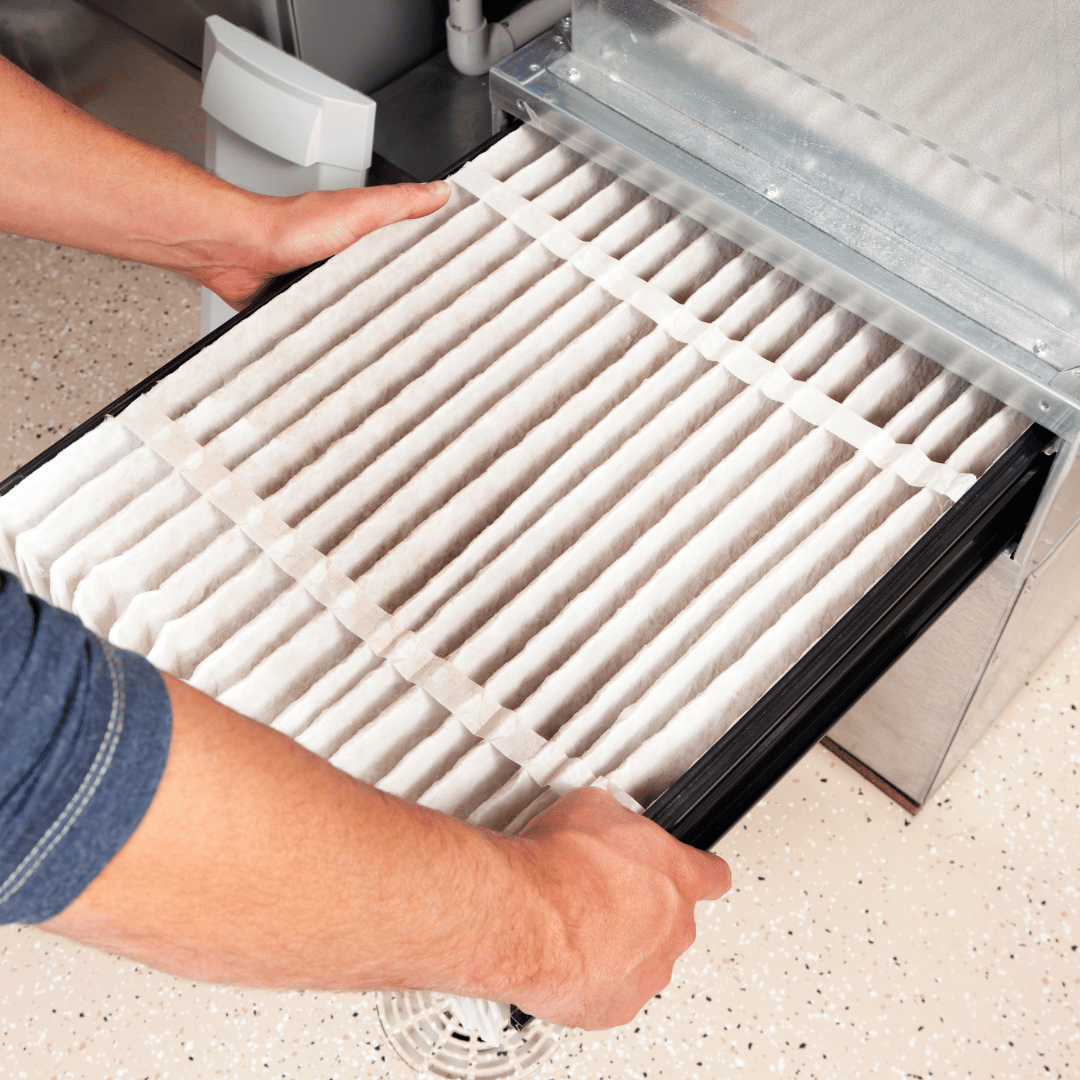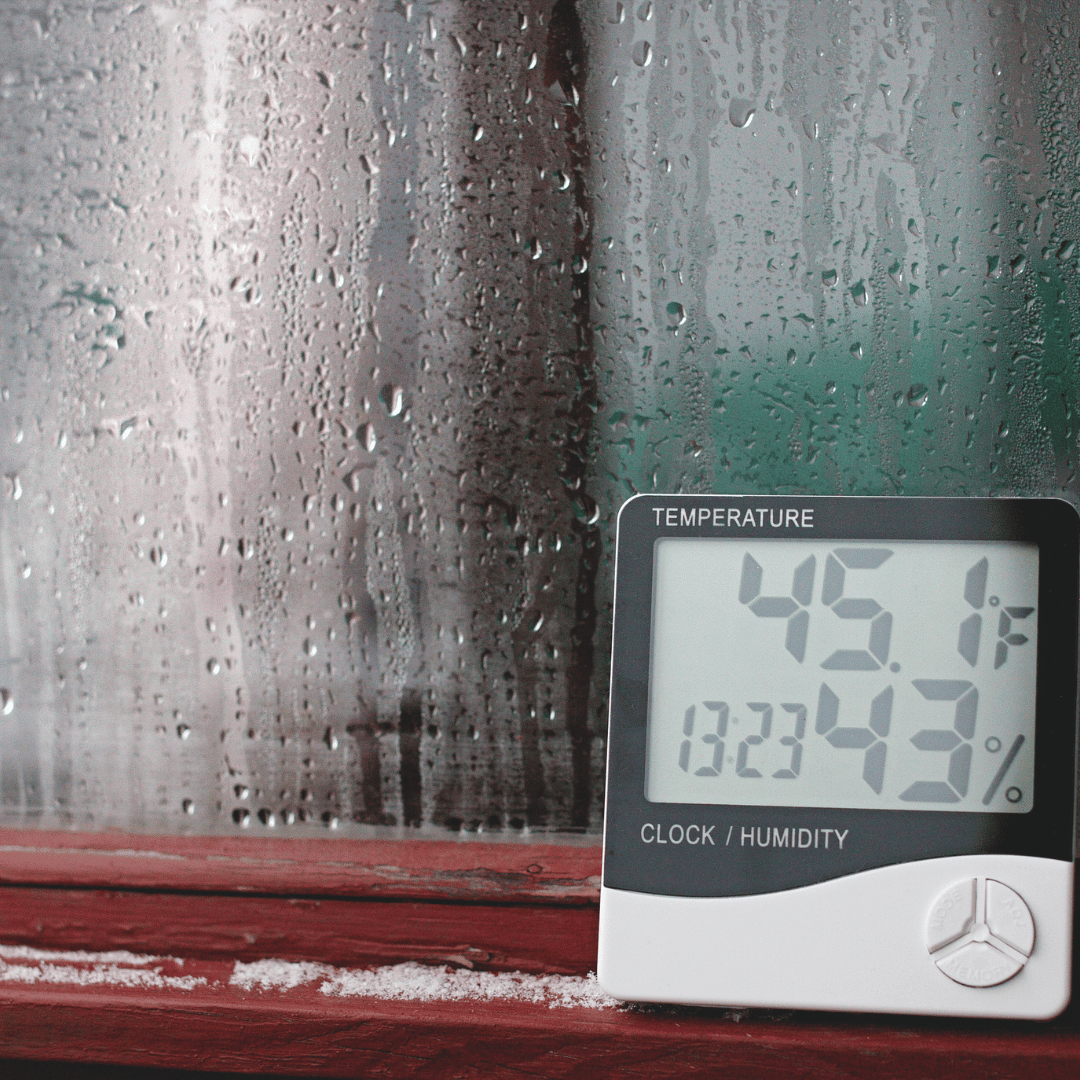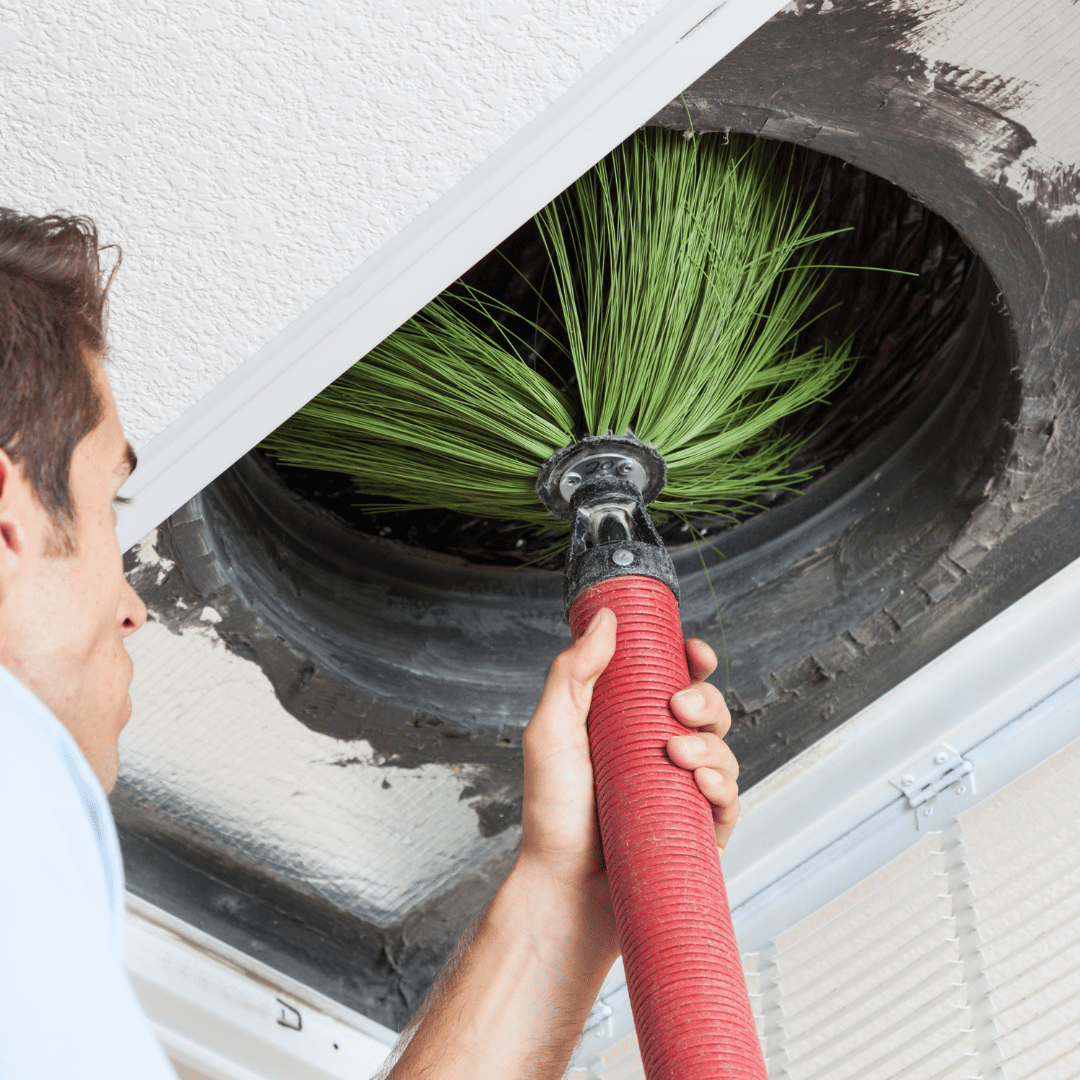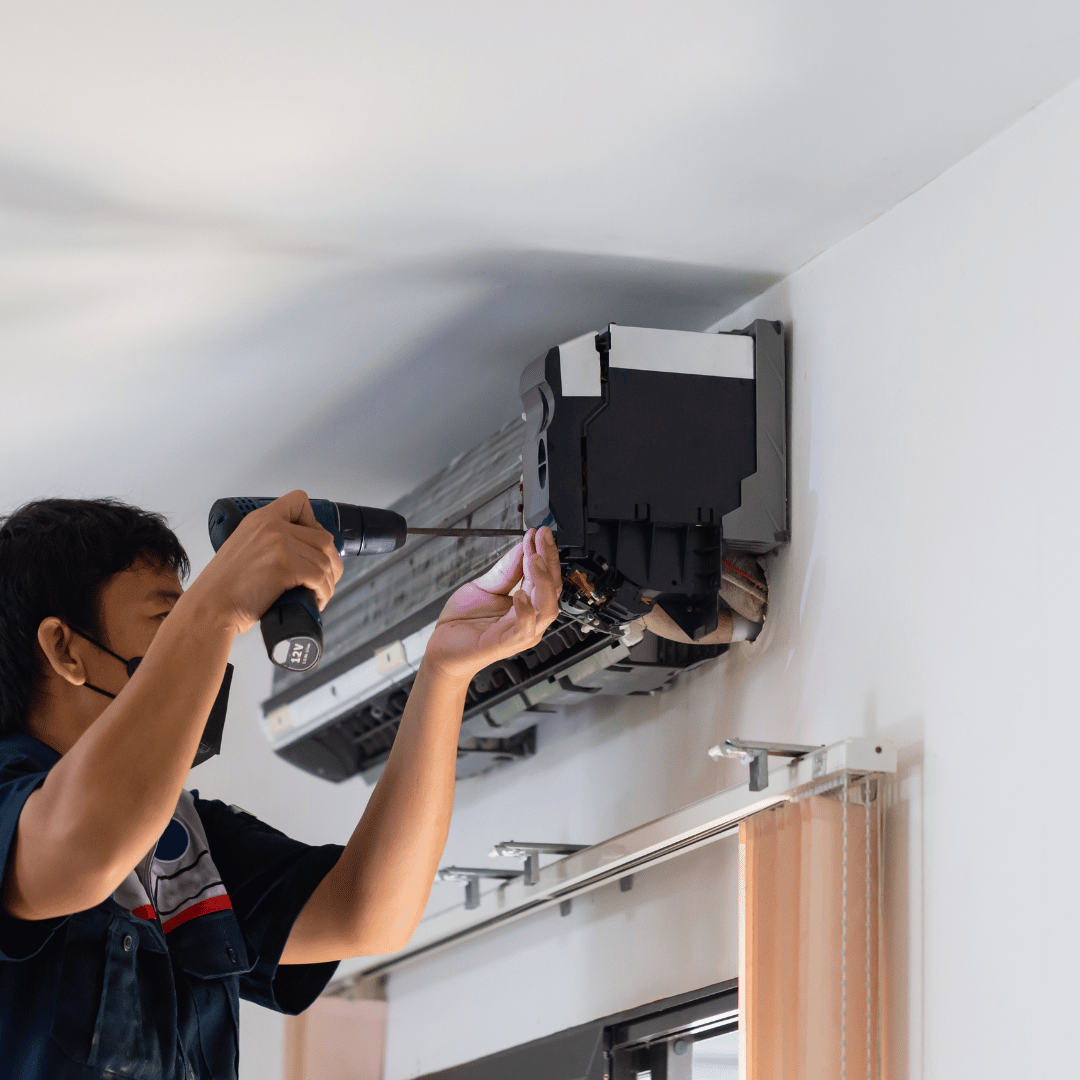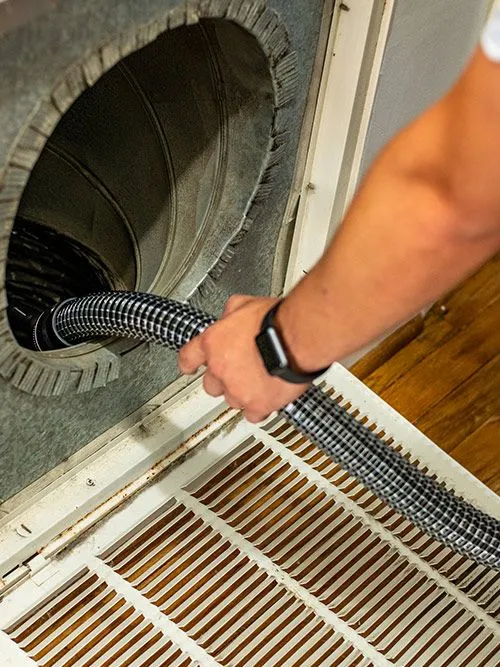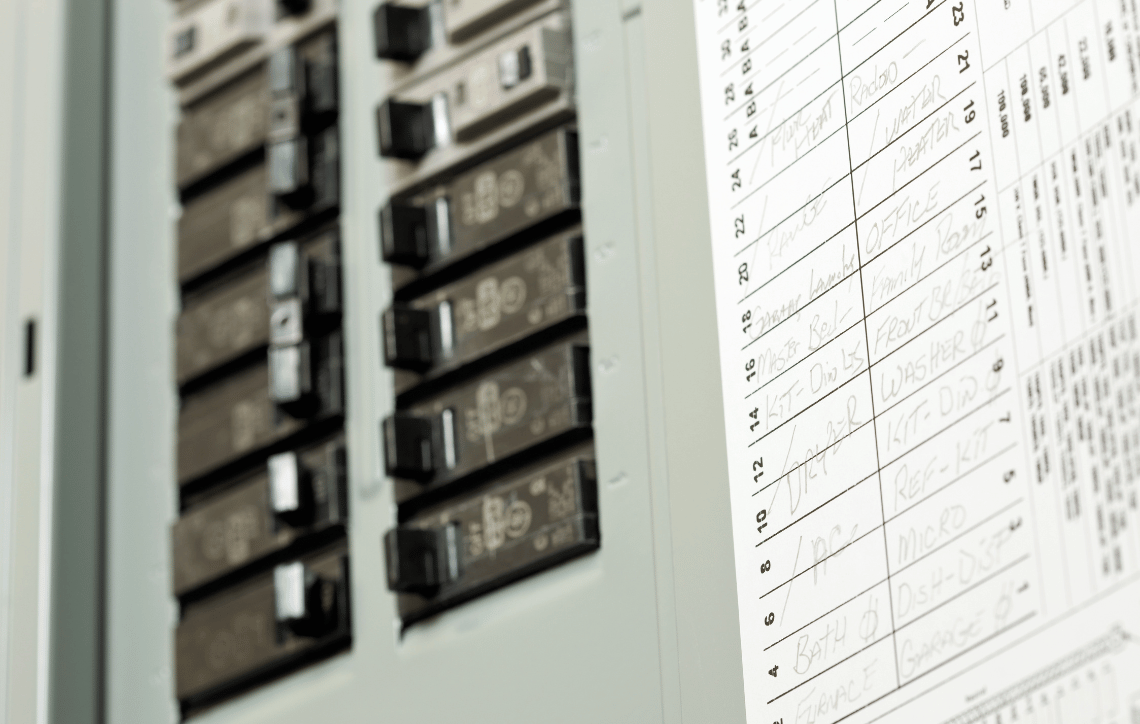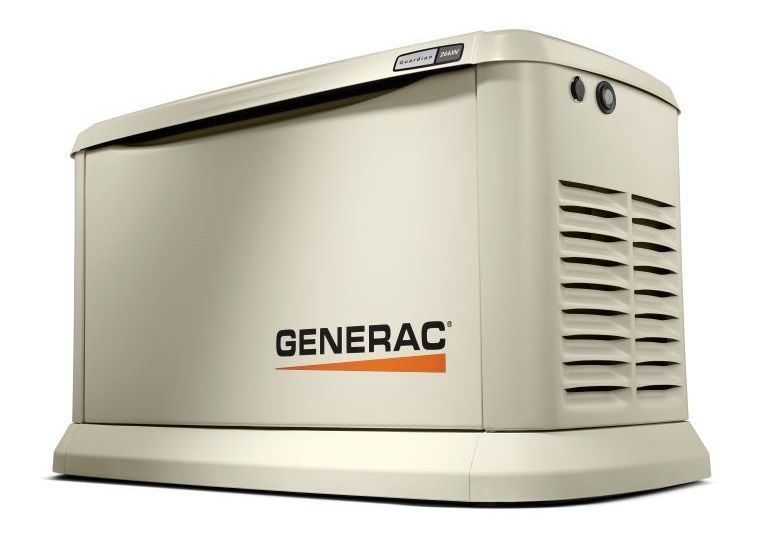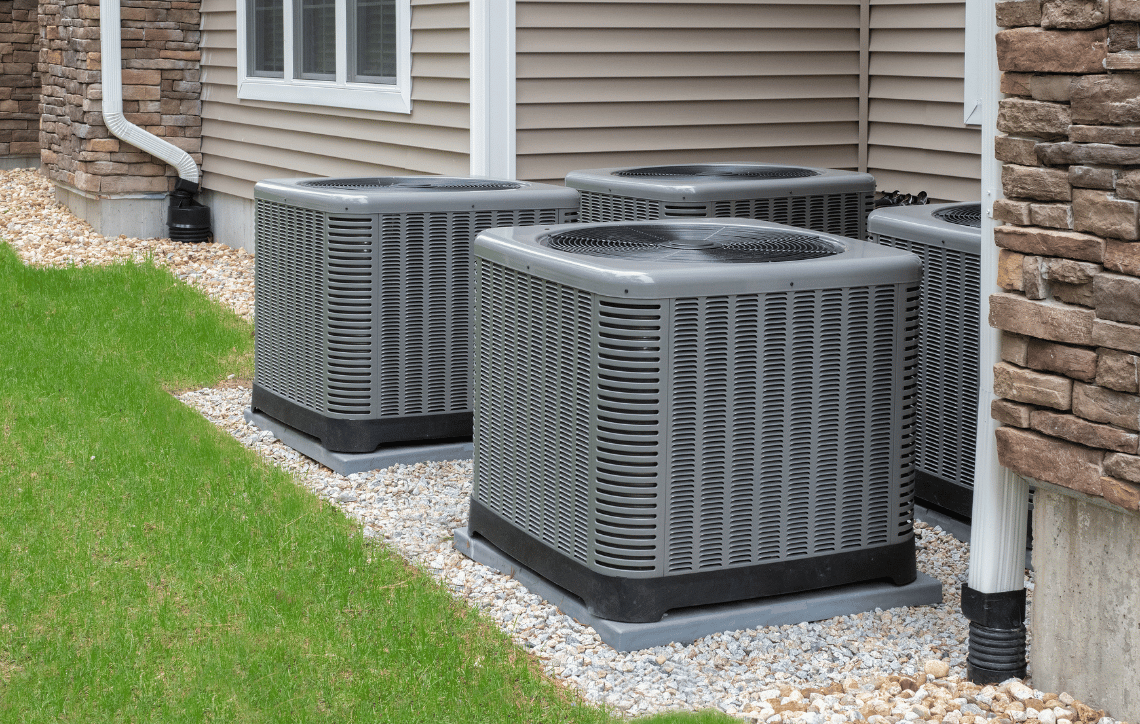Powering Up: The Growing Need for Electric Vehicle Charging Solutions at Home

As the world shifts towards more sustainable practices, the adoption of electric vehicles (EVs) is accelerating. This surge in EV ownership highlights the increasing need for reliable electric vehicle charging solutions at home. For businesses like Salt Air Heating Cooling & Electrical, providing efficient and convenient home EV charging solutions is crucial. This article explores the importance of home EV charging, the different charging levels, and how homeowners can choose and install the right system to power their vehicles.
The Rise of Electric Vehicles
Electric vehicles have transitioned from a niche market to a mainstream choice for environmentally conscious consumers. Major car manufacturers are releasing new EV models regularly, making them more accessible to the average consumer. As EV adoption increases, the need for efficient and accessible charging solutions becomes more pressing.
The Importance of Home Charging Solutions
Public charging stations are becoming more common but are not always convenient or available. For many EV drivers, having a home charging solution is essential for the convenience and peace of mind it provides. Home EV chargers allow drivers to charge their vehicles overnight, ensuring they are ready for use each morning. This convenience is especially important for those with busy schedules or who drive long distances.
Understanding Home EV Charging Levels
Level 1 Charging
Level 1 charging utilizes a standard 120-volt household outlet. It is the slowest charging option, providing about 4-5 miles of range per hour. This level of charging may be sufficient for plug-in hybrid electric vehicles (PHEVs) or for those who drive short distances.
Level 2 Charging
Level 2 charging requires a 240-volt outlet, similar to those used for large home appliances like dryers. It provides about 25-30 miles of range per hour, making it a more practical option for daily use. Most EV owners prefer Level 2 chargers due to their efficiency and faster charging times.
Level 3 Charging
Level 3 charging, also known as DC fast charging, is typically not suitable for home use due to its high cost and power requirements. These chargers can provide up to 100 miles of range in just 30 minutes, making them ideal for public charging stations. However, advancements in technology may eventually make Level 3 chargers viable for residential use.
Benefits of Home EV Charging Solutions
Cost Savings
Charging an EV at home can be significantly cheaper than using public charging stations. Many utility companies offer special rates for EV owners, further reducing electricity costs. Additionally, home charging eliminates the need for frequent trips to public stations, saving both time and money.
Convenience
One of the biggest advantages of home EV charging is convenience. Charging your vehicle overnight ensures it's ready to go each morning. This is particularly beneficial for those with busy schedules or unpredictable driving patterns.
Eco-Friendliness
Charging your EV at home allows you to use renewable energy sources like solar power, further reducing your carbon footprint. Many homeowners are now installing solar panels alongside their EV chargers, creating a sustainable and environmentally friendly home energy system.
Choosing the Right Home EV Charging Solution
Vehicle Type
The type of EV you own will significantly impact your choice of charger. While Level 1 chargers may suffice for plug-in hybrids, long-range EVs will require the faster charging capabilities of a Level 2 charger.
Home's Electrical System
Ensure your home's electrical system can handle the additional load of an EV charger. This may require upgrading your electrical panel or installing a dedicated circuit for the charger. Consulting with a licensed electrician, such as those from Salt Air Heating Cooling & Electrical, can help assess your home’s capabilities.
Budget
The cost of home EV chargers can vary widely, with Level 2 chargers ranging from $500 to $1,200, excluding installation costs. Level 3 chargers are significantly more expensive and may not be necessary for most homeowners. Consider your budget and long-term needs when selecting a charger.
Installation Process
Scheduling an Appointment
Begin by scheduling an appointment with a licensed electrician. At Salt Air Heating Cooling & Electrical, we streamline this process by providing a short, agreed-upon window for our professionals to arrive. You'll receive a picture and bio of your electrician beforehand, so you know exactly who to expect.
Review Pricing
After a thorough evaluation of your home’s electrical system, the electrician will present you with all your options. This includes start-to-finish pricing and warranty details, so you know exactly what to expect.
Smooth Setup
Our electricians at Salt Air Heating Cooling & Electrical come prepared with everything they need to install your EV charger in one visit. This ensures you can get back to your routine with minimal disruption, confident in the quality and safety of your new charging solution.
Advanced Features of Modern EV Chargers
Remote Monitoring
Many modern EV chargers come equipped with remote monitoring capabilities. This allows EV owners to track their charging status, energy usage and costs through a smartphone app or online portal.
Smart Charging Solutions
Smart EV chargers can optimize charging times based on electricity rates and grid demand, helping you save money and reduce strain on the electrical grid. These chargers can also integrate with home energy management systems for even greater efficiency.
Preparing for Future EV Adoption
As EV adoption continues to rise, having a reliable home charging solution will become increasingly important. Ensuring your home is equipped to handle the future demands of EV charging can provide peace of mind and long-term benefits.

Electric vehicles are the future of transportation, and having a reliable home charging solution is essential for maximizing their benefits. By understanding the different levels of charging, considering factors like vehicle type and budget, and following a straightforward installation process, homeowners can enjoy the convenience, cost savings, and eco-friendliness of home EV charging.
At Salt Air Heating Cooling & Electrical, we are committed to providing top-notch service and ensuring that your electrical needs are met with the highest standards of quality and safety. Ready to power up your home with an EV charging solution? Contact us today to schedule an appointment and take the first step towards a more sustainable future.
